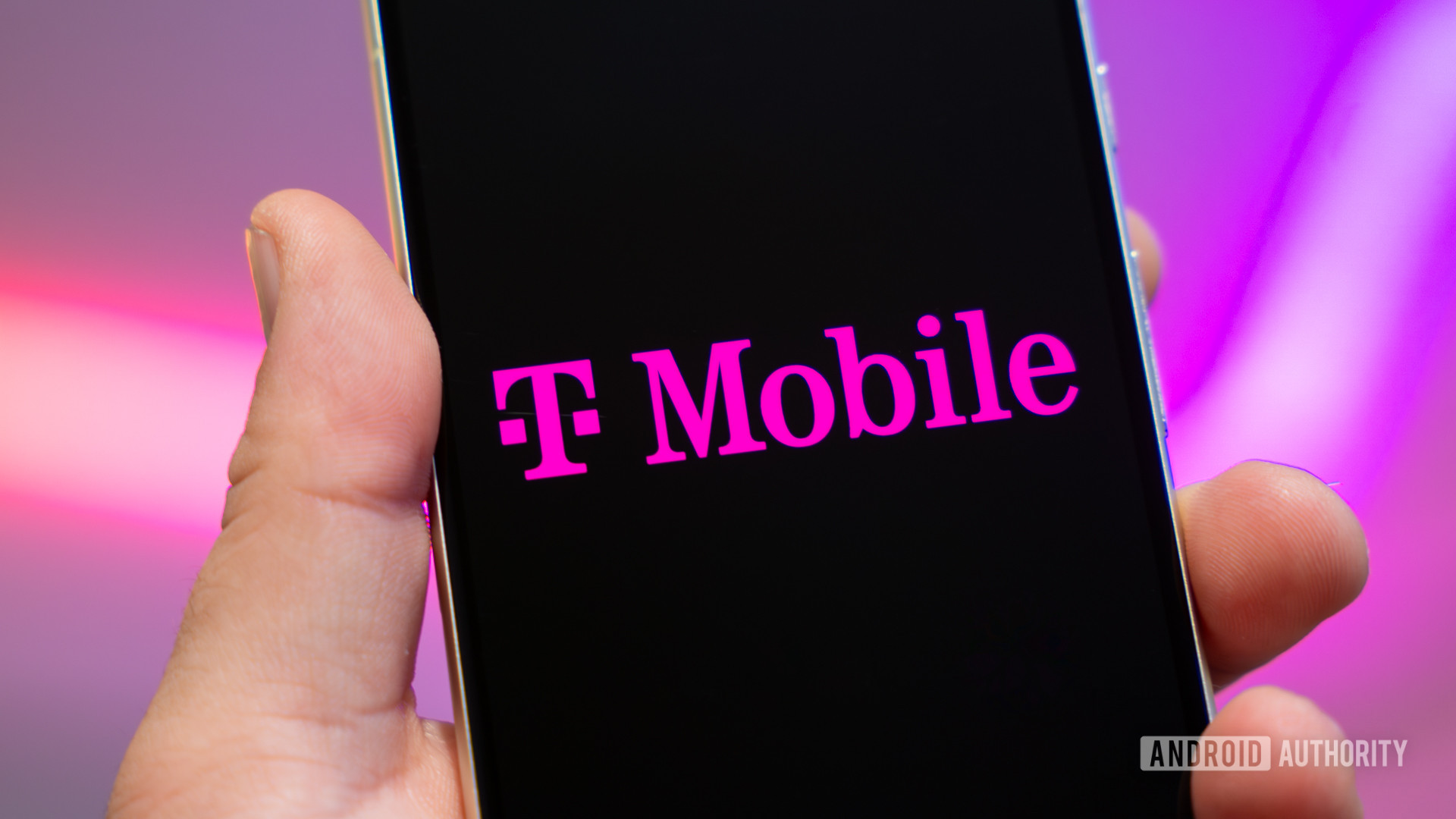Affiliate links on Android Authority may earn us a commission. Learn more.
The FCC wants all phones unlocked in sixty days, AT&T and T-Mobile aren't so keen on the plan
Published onSeptember 20, 2024

- Newly proposed FCC rules would require carriers to unlock phones after 60 days, even if they are on payment plans that have unresolved balances.
- AT&T and T-Mobile have both pushed back on the effort, though T-Mobile has been even more vocal claiming the FCC doesn’t have the right to authorize this change and that it even implied this change could lead the uncarrier to abandon payment plans altogether.
- Verizon supports the effort, though largely because it already activates its phones within 60 days due to a prior agreement with the FCC.
Back in June, the FCC proposed a significant rule change that would require carriers to unlock all phones within 60 days of activation. At the time, the FCC was seeking public comment on the proposal, with plans to vote on whether to pursue the issue in early July. Since then, the proposal has been unanimously approved by the five-member commission, and the plan marches forward. To be clear, this doesn’t mean a new unlock policy is happening anytime soon; it just means that the FCC will continue to actively pursue these regulatory changes. Unsurprisingly, AT&T and T-Mobile have both spoken up against the change.
AT&T has indicated that the rule changes could negatively affect its ability to offer affordable devices, though that’s about the extent of its opposition so far. T-Mobile has been considerably more vocal. The “Uncarrier” has not only made it clear that this change could negatively impact their device payment plans and other services, but it has also gone so far as to imply that the change might cause the carrier to give up on payment plans altogether (as first reported by Broadband Breakfast). Furthermore, the carrier questions whether the FCC even has the authorization to pursue such a change.
As detailed by T-Mobile’s Michele Thomas in a letter to the FCC: “The Commission fails to point to specific statutory authorization for an unlocking mandate and would have profound economic consequences, thus raising a major question that would require clear statutory authority from Congress.”
Should the FCC’s new 60-day phone unlocking policy be implemented?
For those who don’t know, a 2022 decision by the high court requires explicit Congressional permission before agencies can decide on issues that have “vast political and economic significance.” T-Mobile argues that the change would qualify as a major economic burden for carriers like itself, which is something AT&T likely agrees with based on its sentiments so far.
You might notice that I’ve yet to mention Verizon, and that’s for good reason. Big Red is the only major carrier vocally in support of the change. As you likely guessed, the reason isn’t out of the kindness of their hearts.
Back in 2008, the FCC reached an agreement with Verizon regarding the use of the 700MHz spectrum, with the carrier agreeing to prompt device unlocks. In 2019, the FCC agreed to implement a 60-day unlocking window to help Verizon combat potential fraud around its payment plans and special deal pricing. In other words, Verizon is already abiding by this change, so it loses nothing by supporting it—in fact, it might even have something to gain.
Right now, many carriers, both prepaid and postpaid, offer free trials through eSIM. While AT&T and T-Mobile limit these kinds of trials due to their current unlocking policies, it’s much easier to try out a different network while still keeping your Verizon phone and subscription. This means a Verizon customer has a greater chance to shop for other networks than those on another carrier, increasing their chances of being lured away by a competitor. If all carriers adhere to the same 60-day window, the playing field becomes level.
What are the chances this unlock policy will be blocked?

Right now, it’s hard to say how this will all play out, but it’s safe to assume a long fight lies ahead. T-Mobile and AT&T will likely continue to use their resources to prevent the regulation from happening and to force congressional involvement, but it’s unclear whether Congress will engage.
Even if Congress does get involved, the FCC could argue that Verizon already follows this rule, and the purchase of Mint Mobile required T-Mobile to implement a similar rule for its new prepaid carrier. Despite these changes, Verizon still continues to offer payment plans without major issues. A quick look at Mint Mobile’s website also indicates that the T-Mobile-owned carrier hasn’t ditched payment plans yet, despite being forced to implement the same 60-day unlocking window that T-Mobile now opposes for its primary brand.
Ultimately, I’d say this change will happen eventually, but that’s just speculation on my part. It’s clear that the FCC wants to enforce 60-day unlocking policies by any means necessary, including through merger agreements and more. So even if they don’t win this immediate fight, it’s apparent that shorter unlocking windows are a priority for the FCC moving forward.